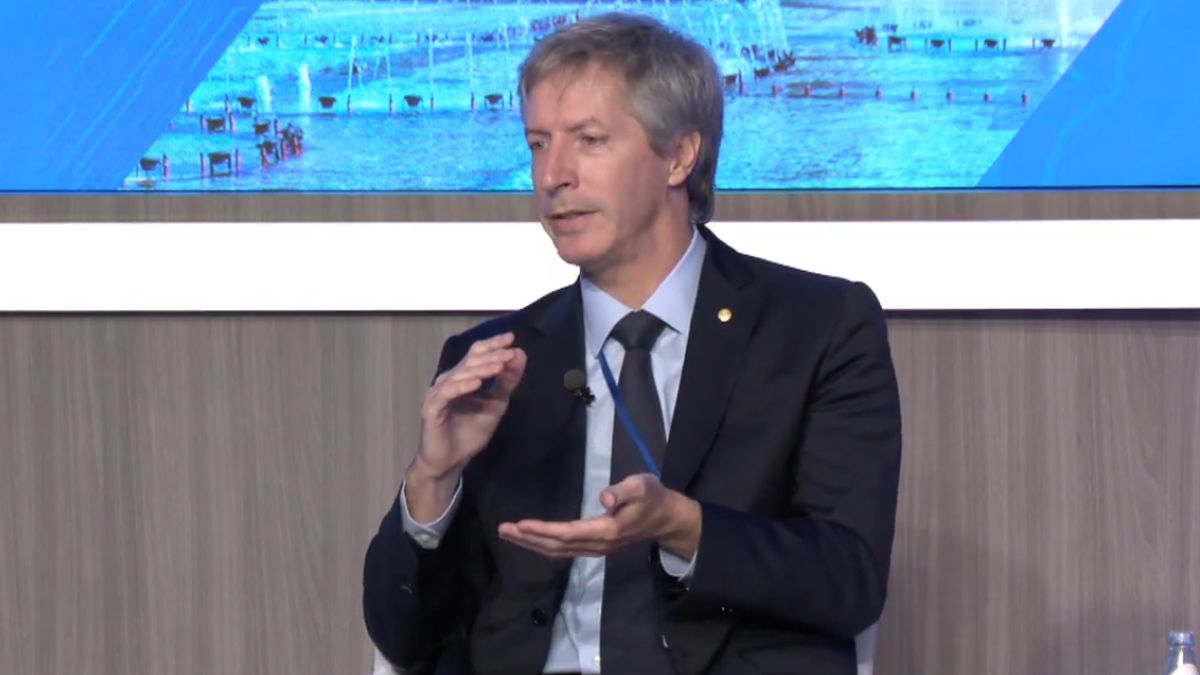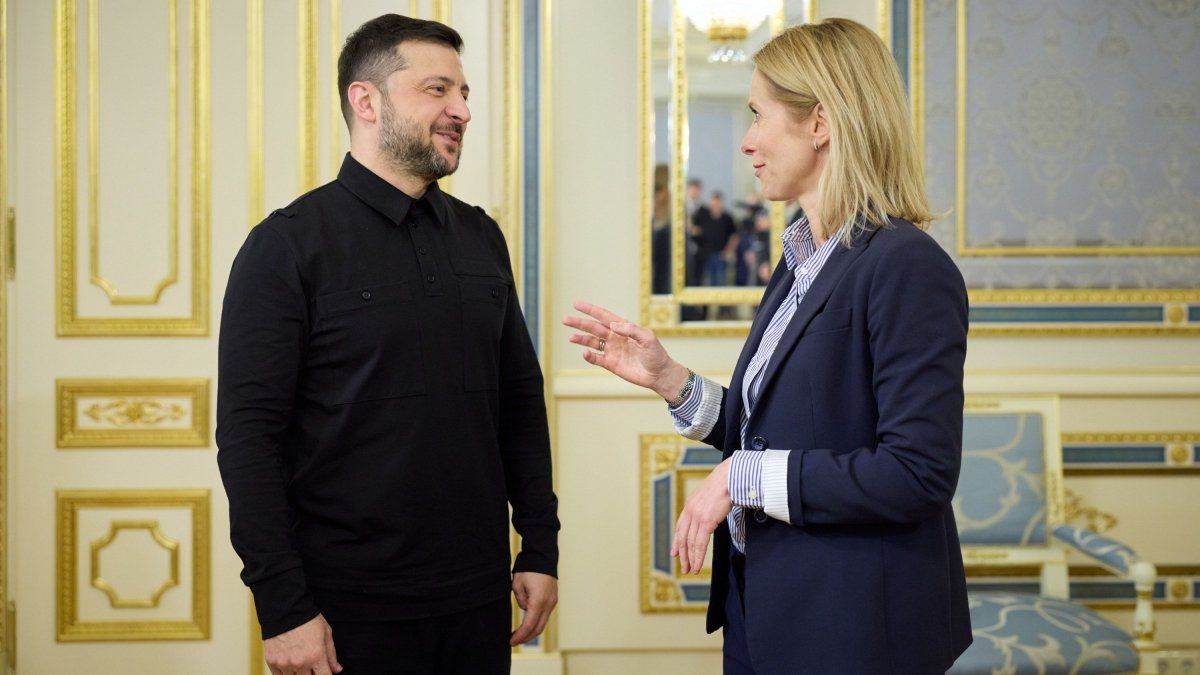The president of Central Bank, Santiago Bausili, participated in a talk within the framework of the International Monetary Fund Assembly (IMF) and the World Bank in Washington in which he recognized the “Argentine bimonetarism” and explained how the transition of the Argentine exchange scheme to an eventual free flotation will be. “Naturally the free flow will be adopted,” he said.
The official participated in a panel entitled “Argentina: the challenges and lessons of economic stabilization”accompanied by Rodrigo Valdés, Head of the Western Hemisphere Department of the Backgroundsection of the Argentine case at the request of President Javier Milei. There he talked about the economic situation of the country in December 2023 and the reforms promoted by the current administration.
During the exhibition, He explained the challenges faced by the Milei government at first and said he opted to prevent a time bomb from exploding. “We did not have financing and the fiscal deficit was uncontrolled,” he said, which prompted the president and the Minister of Economy, Luis Caputo, to push an adjustment plan while the monetary entity held the restrictions temporarily changing to avoid an aggravation of the crisis due to the high demand of dollars.
Embed – https://publish.twitter.com/Oembed?url=https://x.com/fminoticias/status/1915073208489033900&partner=&hide_thread=false
Start now: Rodrigo Valdés del IMF joins the governor of the Central Bank of Argentina @Bancocentral_ar Santiago Bausili to discuss the challenges of macroeconomic stabilization and lessons in the case of. https://t.co/mufak13oii
– IMF (@fminoticias) April 23, 2025
Santiago Bausili acknowledged the bimonnetarism of the Argentine economy and talked about exchange flotation
Within that framework, Bausili said that the Government promoted a scheme of currency competencies that did not advance as expected, since, as he acknowledged, Argentina has a “bimonary economy” in which “People have already decided that they save in dollars, use the dollar as an account unit for long -term assets, for real estate, for cars, for wealth, for education, but use local currency for transactional purposes.”
For this reason, they chose to boost the reforms on the established macro regime, instead of pushing the company to use the dollar as a transactional currency. “We decided not to fight that. That is a reality. That is what society is doing, we like it or not. Therefore, we prefer to adapt the policies and the economic framework to what is already established, instead of trying to change the mentality or believe that we can do it,” said.
The economist explained that, after accommodating national accounts and with the support of international organizations such as IMF itself and the World Bank, the Government entered phase 3 of the economic plan.
In that line, he detailed how the new exchange regime works: “The bands have a gradual growth rate. The upper band rises to a rate of 1% monthly and the lower one drops to a rate of 1% monthly.”
“The question is when will the free flotation be applied?” He said and replied that it will be a gradual process: “It will come over time. There is no posterior phase in terms of free flotation. There is no subsequent stage that generates anxiety and concern about when the next regime change will be. Naturally, free flow will be adopted,” he said.
Meanwhile, he stressed that a path with different phases is being traveled, in which regulations and controls are removed. “We start with a ‘crawling peg’ and fixed exchange rate. Strict regulations that generated parallel markets and multiple prices for the same asset. As we move forward, those mismatches begin to eliminate,” he explained.
In that line, Bausili referred to the challenges they will face as the exchange restrictions are withdrawn. “We are coming out of the exchange rate as a nominal anchor but the question is how people will adapt to that,” he closed.
Source: Ambito




